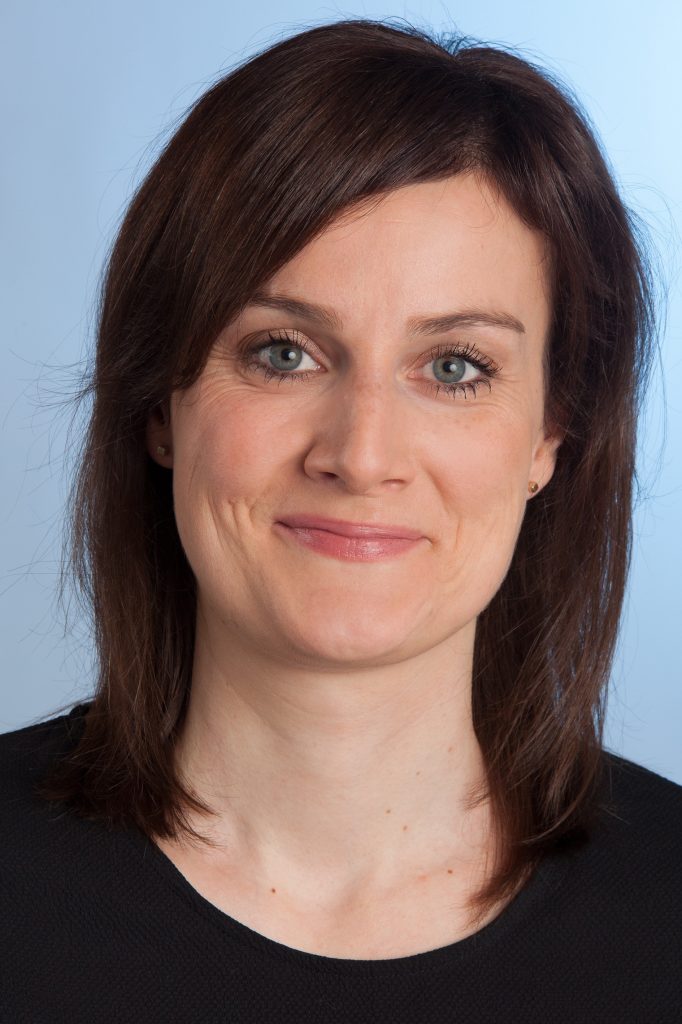
Dr. Astrid Böhne
Head of Section
Comparative Vertebrate Genomics
Zoological Research Museum Alexander Koenig, Bonn, Germany
Participant 2010, Crete
I needed to apply phylogenetic methods in my PhD and was new to the field of computational biology, the course got me started in this direction and covered many aspects relevant to my past and current research.
The structure and the setting of the course were really motivating, the atmosphere encouraging and the faculty very active and responsive. The year I participated, the participants came from very different fields and hence had very different backgrounds. I had the feeling that still the faculty managed to get the main messages to everyone.
The overall atmosphere was certainly one of the best things of this course. Back then I found it challenging to fulfil the pre-requirements, (felt like compiling software for hours), but the course got me pushed in a very good direction and made computational biology accessible. Of course the entire setting and scenery do help to keep your motivation up.
Also seeing John Hulsenbeck live programming in C++ was something I won’t forget as well as Ziheng Yang helping people debugging their code. The course put faces to people that I only knew from papers, it made the field of computational phylogenetics a lot more accessible.
People should apply if they feel the need to apply phylogenetic and other computationally and statistically demanding methods and want to get a start with them in a very supportive environment.
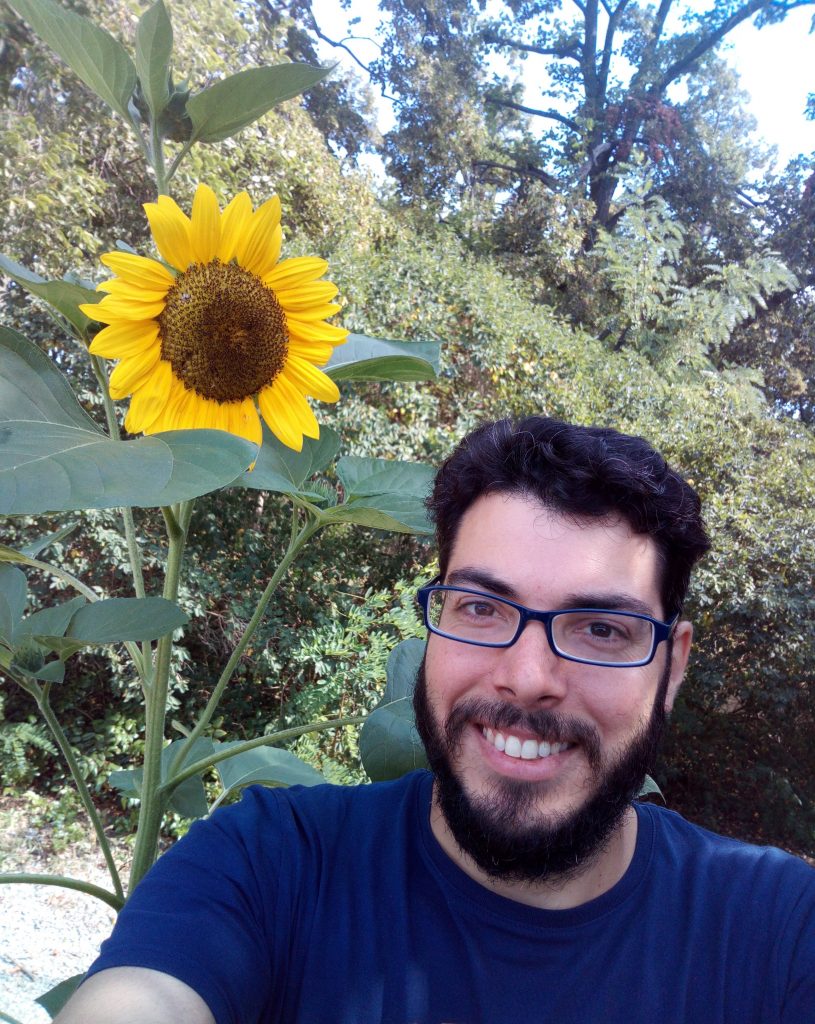
Diego Simón, PhD
Lecturer
Laboratorio de Virología Molecular
Facultad de Ciencias
Universidad de la República, Uruguay
Participant 2019, Hinxton
I applied for the “Computational molecular evolution” course to develop my computer science skills related to genomic research, hoping to learn from instructors and fellow students.
I am really pleased with the topics given during this advanced course and also with the dynamic and interaction with everybody involved in it. The instructors were willing to talk during the coffee breaks and meals, both about course-related topics and also about life in general!
The course assembled a diverse audience from different places and academic backgrounds, so it was also really interesting to meet and talk with everyone. This is a really mature course, in the sense that the instructors know each other really well; this is extremely important in an intensive course that is given by a big group of instructors. I want to highlight those lectures about tools that were developed by the lecturers themselves.
This kind of opportunity is great for anyone willing to learn about molecular evolution and also about bioinformatic tools developed to apply in this field.
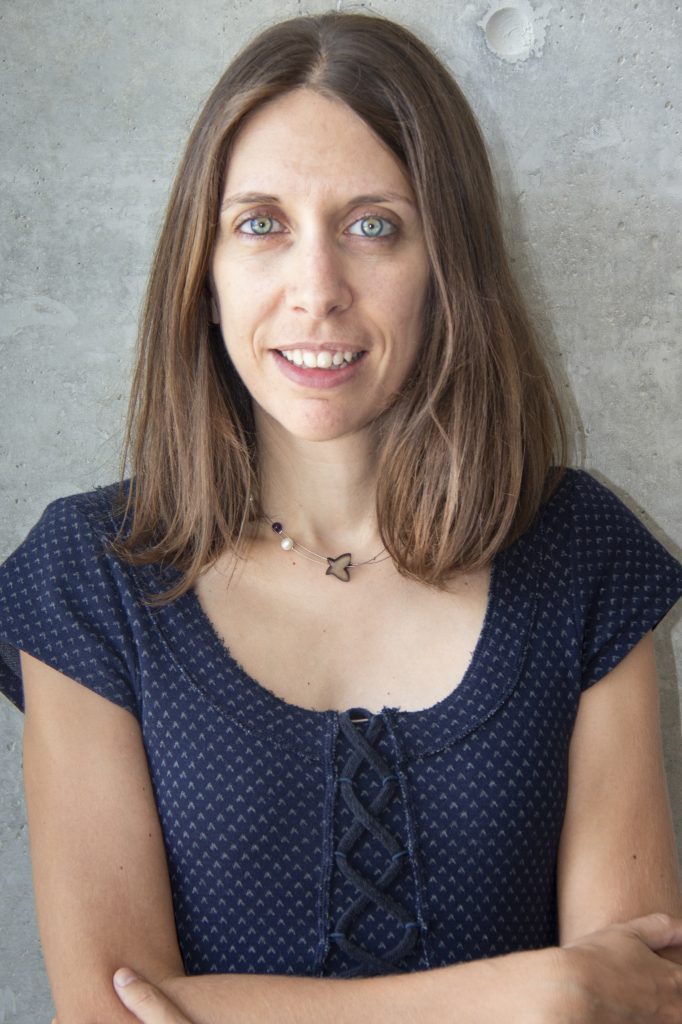
Anna Papadopoulou
Assistant Professor
Department of Biological Sciences
University of Cyprus, Cyprus
Participant 2010, Crete
I chose to apply for the CoME course because it featured such a great group of instructors, and it turned out to be one of the best choices I’ve ever made! As a PhD student working on phylogeography, I had previously attended another well-known course on phylogenetics and I was familiar with a range of software for phylogenetics and coalescent-based analyses. But it was the CoME course that helped me to gain a much deeper understanding of the key concepts in phylogenetics, coalescent theory and molecular evolution and a much better grasp of why we choose one type of analysis over another, what are the assumptions and caveats of each method etc., which was exactly what I needed as an early career evolutionary biologist.
The lectures were really inspiring and the practicals perfectly organised, while getting to talk to the instructors about our own data was extremely helpful and motivating. There were several memorable lectures, which still come to my mind often, especially when I have to teach myself any relevant concept. For example, I greatly enjoyed the Maximum Likelihood session, where we calculated probabilities of base substitution ourselves using a dice!
Another important aspect that I greatly appreciated about CoME was an excellent group size and instructor-to-student ratio, which ensured a very smooth teaching experience and at the same time it allowed proximity and rewarding interactions among all participants. The friendliness and enthusiasm of the instructors created a beautiful atmosphere within and beyond the classroom. I loved the time we spent together as a group, sharing meals, drinks and enjoyable discussions with all those amazing people! I also loved the hiking day, where we got to know each other even better. It was such a great way to meet key researchers in method development and interact with them in the most relaxed possible environment. We also developed close links among the participants, which lasted far beyond the course.
Overall, the CoMe course was a superb experience that had a hugely positive impact on my subsequent career, as it made me feel much more confident in my first steps as a postdoctoral researcher and later as a lecturer. Since then, I have been strongly recommending the course to all my PhD students and any early career evolutionary biologist I interact with. As far as I know, that’s the best course on phylogenetics you can get and it is an absolute must for all PhD students or early postdocs in the field. I have to say though that I only recommend the course to students with at least a basic experience/background in phylogenetics and with their own data at hand, in order to get the most out of it.
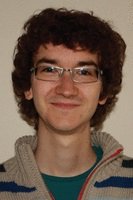
Tom Williams, PhD
Fellow/Senior Lecturer
Royal Society University Research
School of Biological Sciences
University of Bristol, UK
Participant 2011, Hinxton
I chose the course because I wanted to become much better at phylogenetics. I also wanted to gain a much deeper theoretical and practical understanding of the methods underlying the analyses. And I think it worked! The course was sufficiently long to dedicate focused time to each element of how to do a phylogenetic analysis, so we could really drill down into the fundamentals of topics that tend to be glossed over or ignored on shorter courses. I have never seen topics such as how sequence alignment works, how likelihood calculations are performed on trees, or how MCMC samplers work (to pick just three) explained better than on this course.
The three best things about the course were:
(i) the calibre of the instructors — how often do you get to spend focused time working through a method or piece of software with the person who developed it?
(ii) the calibre of the other students — I had excellent conversations throughout, and met some people who are now major figures in the field in their own right;
(iii) the format: setting aside the best part of two weeks to get together to discuss these topics in a pleasant and supportive environment, largely free of other distractions. I did the course on a year it was at the Wellcome Trust Genome Campus, and I found the surroundings ideal for putting everything else aside and focusing on detailed learning. (More recently, I’ve taught on the course in Crete, and found that to be just as nice a venue to learn about phylogenetics!)
As a biologist interested in methods, I often struggled to read and understand the key papers early on. At the CoME course, I found that we had ample time to get to grips with the theory and practice in the lectures and practicals, but that they were also very willing to patiently explain and discuss potentially obscure or trivial details over beers in the evening. The best overall experience for me was the feeling of beginning to understand and be in control of some of the techniques which I had found to be a bit scary up to that point.
From personal experience, I think biologists who are interested in methods, but don’t yet know much about the computational or statistical underpinnings, stand to get a lot out of the course. The participants tend to be very mixed, with some advanced students who are already working on methods and some who are really just starting to think about how to analyze their data. More recently as a lecturer, I’ve seen that this mix of experience is definitely a good thing. The course is long enough that, once people start to loosen up, enormously fun and productive conversations start to happen both during the formal schedule and outside it.
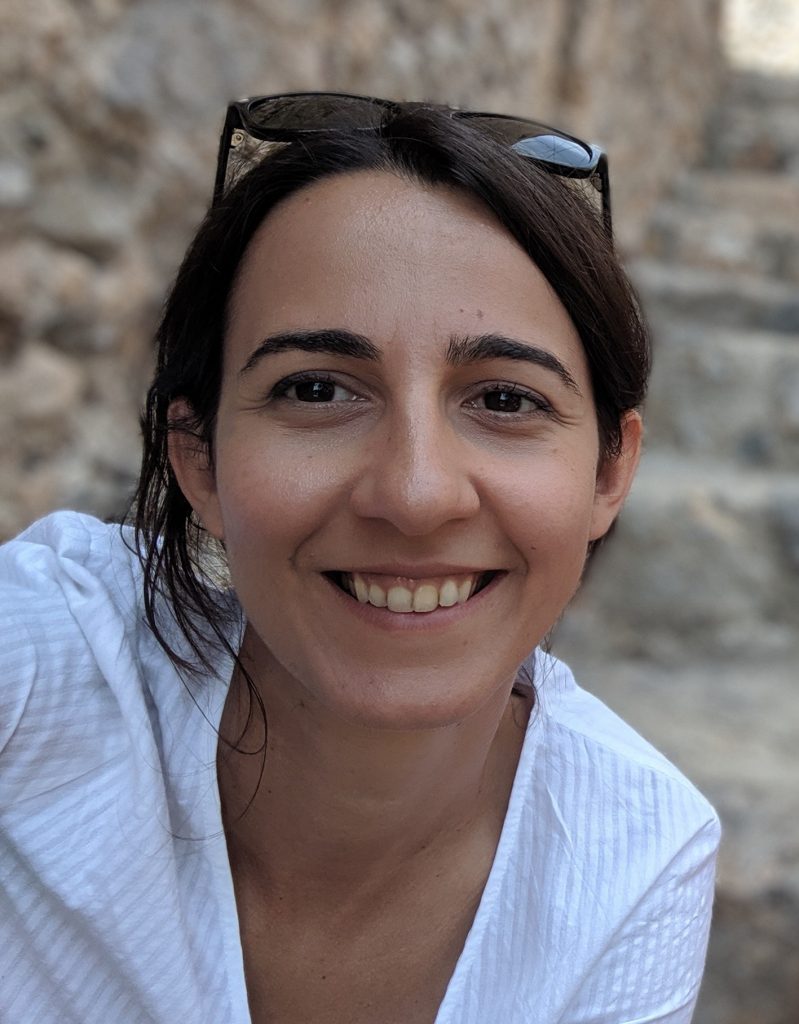
Paschalia Kapli, PhD
Telford Lab
Department of Genetics, Evolution and Environment
University College London, UK
Participant 2012, Crete
I have attended the “CoME” course multiple times, initially as a student and later on as a teaching assistant (TA). My initial participation was in 2012 while I was a phd student in the University of Crete. At that time the course was a unique opportunity to learn theoretical and practical aspects of phylogenetics that were of crucial importance for my doctoral research. The reasons making the CoME course so unique are that it covered a broad range of aspects in phylogenetics and most importantly because the teaching team comprised the researchers in the forefront of phylogenetics that I had the chance to meet and learn from. With the workshop I gained a much more thorough understanding of several phylogenetic concepts, I learned how to use several tools and I met Prof. Stamatakis and Prof. Yang that have later become my post-doctoral advisors.
I have participated in other courses but none was as good as this one. The organisers have achieved a unique blend of excellent teaching and friendly atmosphere that allows the participants and the teachers to interact and discuss about their research and research problems. Having been in this workshop more than 5 times I can confirm that the success was repeated every year and it was not by chance but the result of careful planning and organising. After my initial participation I re-considered and better understood a lot of the analyses of my research while I also realised that I was really interested in the theory of phylogenetics. Following up on my interest, I later contacted Prof. Stamatakis to join his lab initially as an Erasmus student and later as a post-doc. In a way, I wouldn’t exaggerate to say that this workshop changed the route of my research career.
By far the best thing of the course is the amount and quality of information and knowledge provided in these 10 days. The additional great atmosphere and perfect organisation (schedule was running very smoothly and everything was always on time) makes the experience very enjoyable and memorable. Besides the knowledge I acquired I have met and kept contact with many people participating through the years.
I would strongly recommend this workshop primarily to phd and post-doctoral biologists wishing to know more about phylogenetic analyses. I think the people that can make the most out of this are those that have a bit of experience in phylogenetics and command line software and those that are dealing with some phylogenetic challenges in their research.
